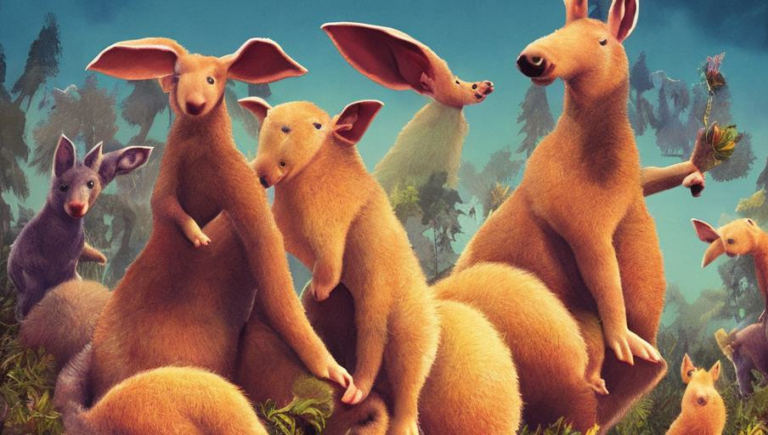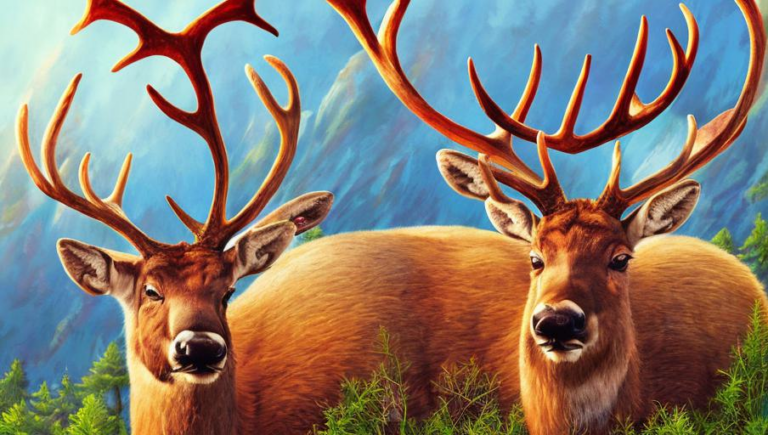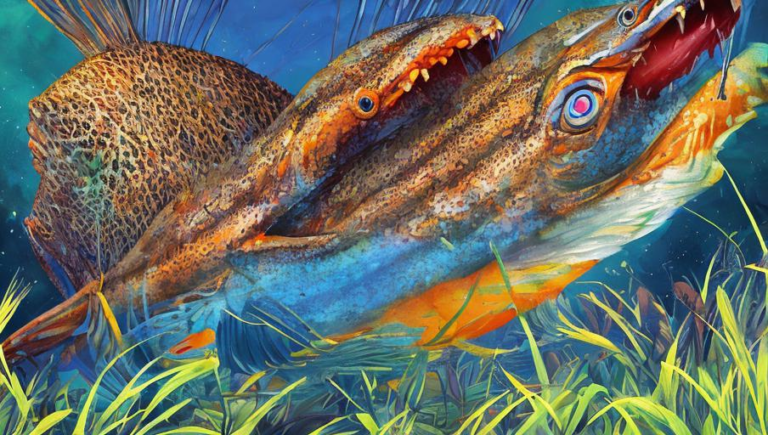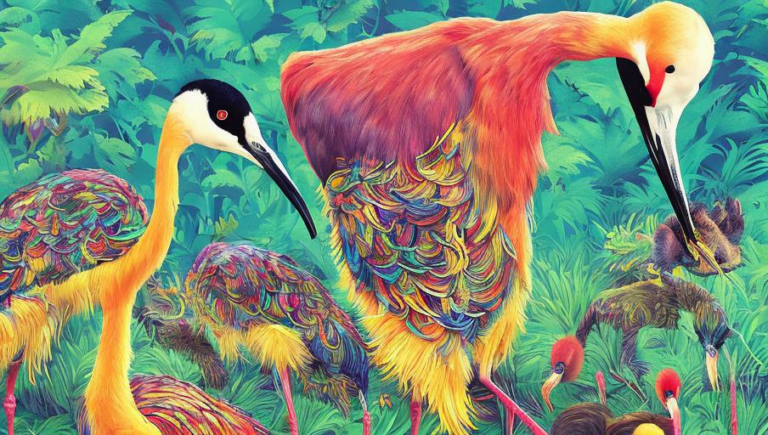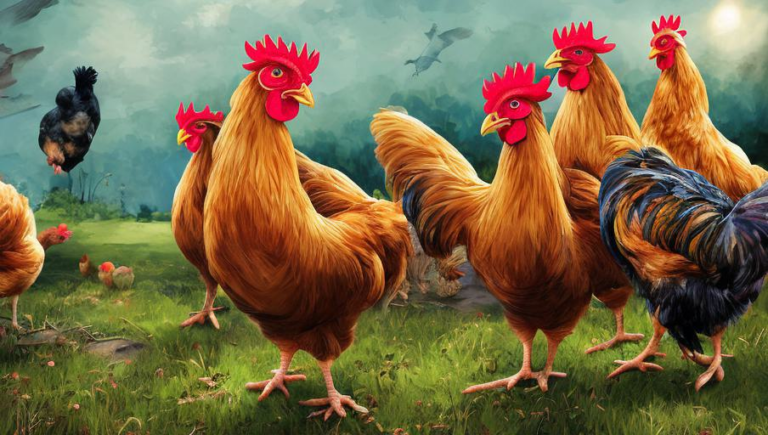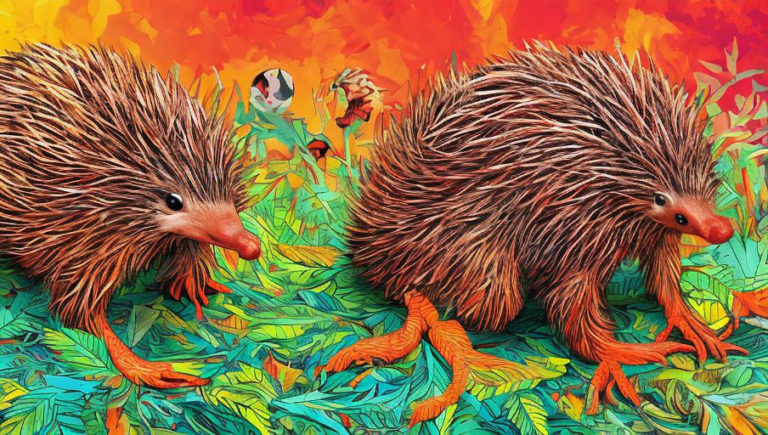Fascinating Facts About Doves
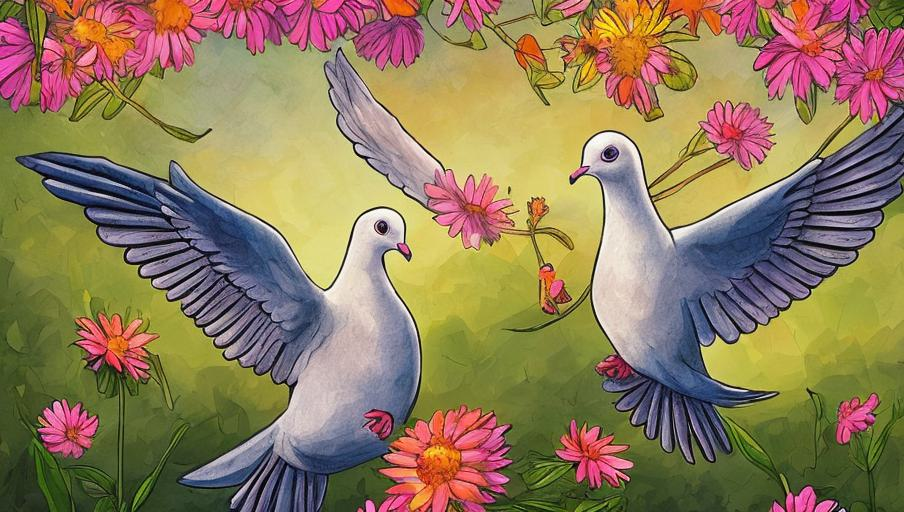
Introduction
Doves are small, delicate birds that are found all over the world. They are known for their beautiful cooing and their lovely, gentle nature. Doves are found in a variety of habitats, from forests and grasslands to deserts and even urban areas. There are nearly 300 species of doves found on every continent except Antarctica. These gentle birds are fascinating creatures that deserve our admiration and protection.
Habitats and Food Sources
Doves are relatively adaptable birds, but they are most commonly found in woodlands, grasslands, shrublands, and deserts. Their diet consists of seeds, grains, fruits, and insects. They primarily feed on the ground and sometimes scavenge for food. Some species of doves also consume small invertebrates, such as earthworms and snails.
Reproduction and Lifespan
Doves have a fairly short lifespan, usually around two to three years in the wild. They reproduce by building nests of twigs and grass, which are usually lined with feathers. The female typically lays two eggs per clutch and incubates them for about two weeks. Both parents will take turns feeding the chicks until they fledge at about four weeks old.
Social Behavior
Doves typically live in small flocks, but some species can be found in large groups. They are quite social creatures and can be seen preening each other’s feathers, engaging in courtship displays, and even engaging in cooperative breeding. Doves also use a variety of calls and sounds to communicate with one another, including coos and chirps.
Conservation Status
Most dove species are not considered threatened or endangered, but there are some species that have seen a decrease in population due to human activities like habitat loss and hunting. Conservation efforts are underway in some areas, such as the reintroduction of the Passenger Pigeon, a species of dove that went extinct in the early 20th century.
Conclusion
Doves are gentle, beautiful birds with fascinating behaviors and habits. They are found in a variety of habitats and play an important role in their ecosystems. We need to continue to protect their habitats and prevent further losses of species. With our help, these delicate creatures can continue to flutter through the skies for generations to come.
